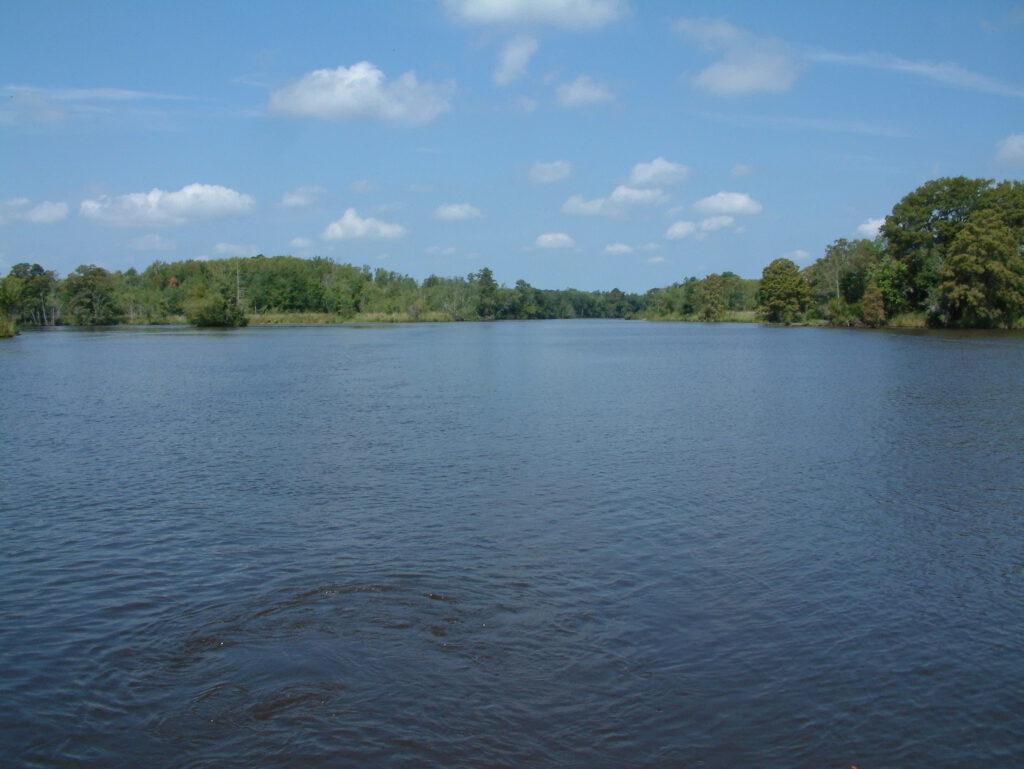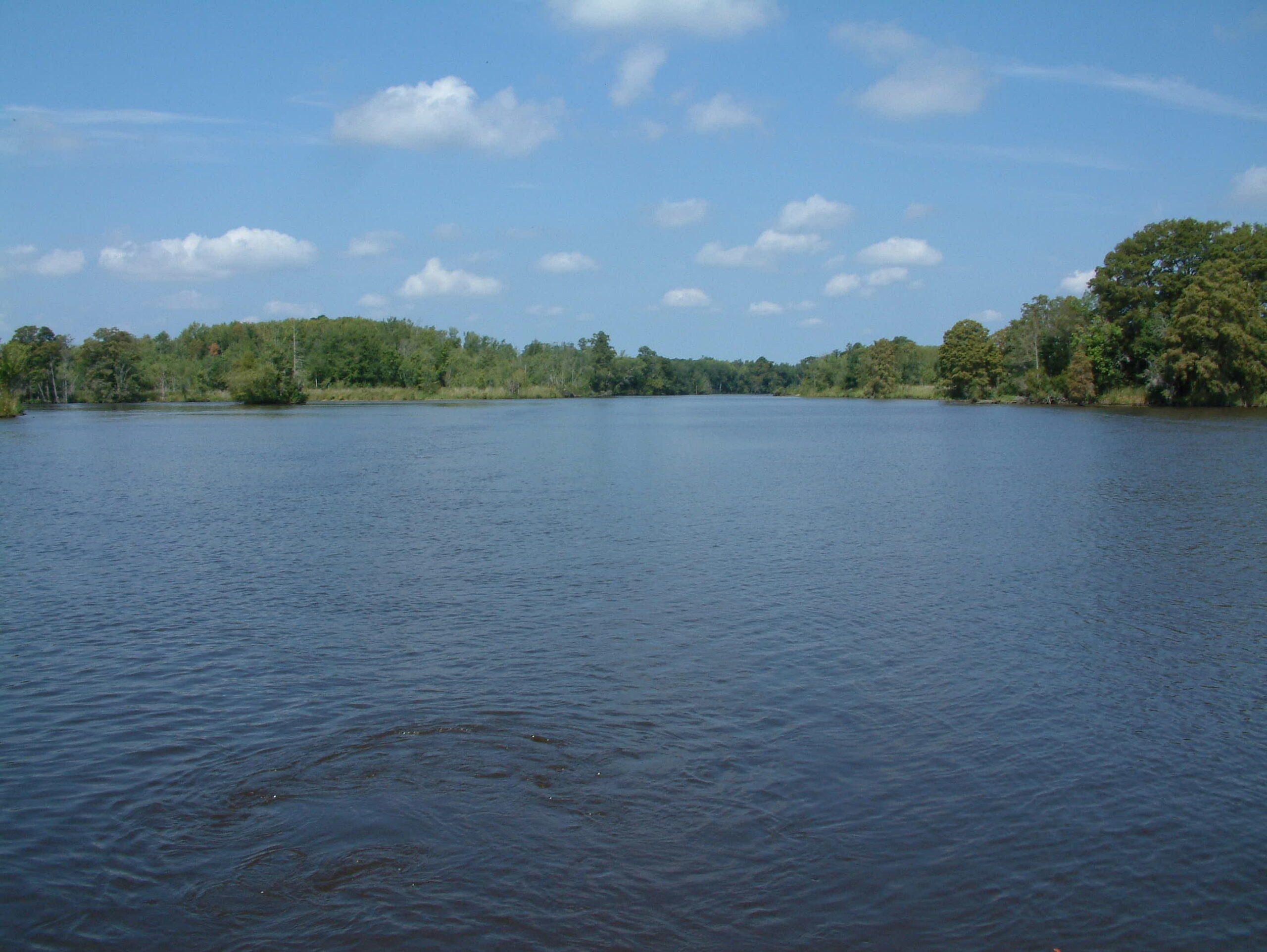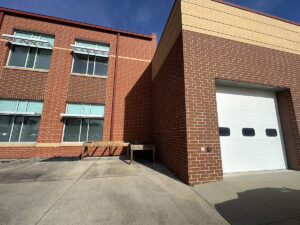News

 It’s been a year since your Pamlico-Tar Riverkeeper announced that Novozymes North America, an industrial corporation located in Franklin County, had applied for permits for a new wastewater discharge to the Tar River at Louisburg. The proposed discharge pipe is located within ¼ mile of the Town of Louisburg’s existing municipal wastewater discharge.
It’s been a year since your Pamlico-Tar Riverkeeper announced that Novozymes North America, an industrial corporation located in Franklin County, had applied for permits for a new wastewater discharge to the Tar River at Louisburg. The proposed discharge pipe is located within ¼ mile of the Town of Louisburg’s existing municipal wastewater discharge.
As noted on their website,“Novozymes produces a wide range of industrial enzymes and microorganisms,” for uses in food production, including agricultural production. Recently, Novozymes created an alliance with Monsanto (BioAg alliance) for the production of microbial based products to boost crop production.
Currently, Novozymes sends 500,000 gallons of partially treated wastewater to the Franklin County municipal wastewater plant for final treatment before being discharged to Cedar Creek. In the past, Novozymes also land-applied its wastewater in fields bordering their Franklinton facility. This land application has resulted in pollution of the area’s groundwater, including several adjacent property owner wells (the company then paid for an alternative water supply). Novozymes has been required by the State of NC to develop a corrective action plan to clean up the contaminated groundwater.
The wastewater from Novozymes is high in nitrogen and also salts (sodium and potassium). Nitrogen is a priority pollutant of concern for the Tar River. Even after two decades of management efforts, excessive nitrogen pollution degrades the quality of the river and its estuary. Salts have an impact on freshwater mussels and levels in Novozymes wastewater could be toxic to them. The Tar River downstream of the proposed discharge is home to numerous endangered and threatened aquatic species, including the yellow lance mussel which the US Fish and Wildlife Service (FWS) recently proposed to be listed under the Federal Endangered Species Act. Sound Rivers supports the FWS on the proposed listing of this endangered mussel.
Novozymes is seeking the permit in order to expand current plant production to 2 million gallons per day of wastewater discharge. Sound Rivers staff have closely monitored Novozymes permitting process, conducted file reviews, researched the company’s compliance track record, connected with aquatic species experts and submitted public comments to federal funding agencies and state permit agencies. Recently, Sound Rivers and the Southern Environmental Law Center submitted a letter to Novozymes, the Department of Environmental Quality, and the Town of Louisburg urging them to seek a regional solution that does not include new wastewater discharge to a sensitive area of the Tar River.
If you live or recreate on the Tar River in Franklin County, our Riverkeeper wants to hear from you! Email pamtarrk@soundrivers.org.
Related News

Program director scouts potential projects at Rocky Mount High School
February 5th 2026

Strategizing the star of Kingsboro data center meeting
February 5th 2026

Snowmageddon: Oriental
February 5th 2026

Cleanup community honors prolific litter-getter
February 5th 2026

Ice an unexpected litter-free helper
February 5th 2026

Riverkeeper represents Sound Rivers at film festival
February 5th 2026

Wayne County biogas facility pollution nets NOV, again
January 29th 2026

One man, 75 tons of trash
January 29th 2026

